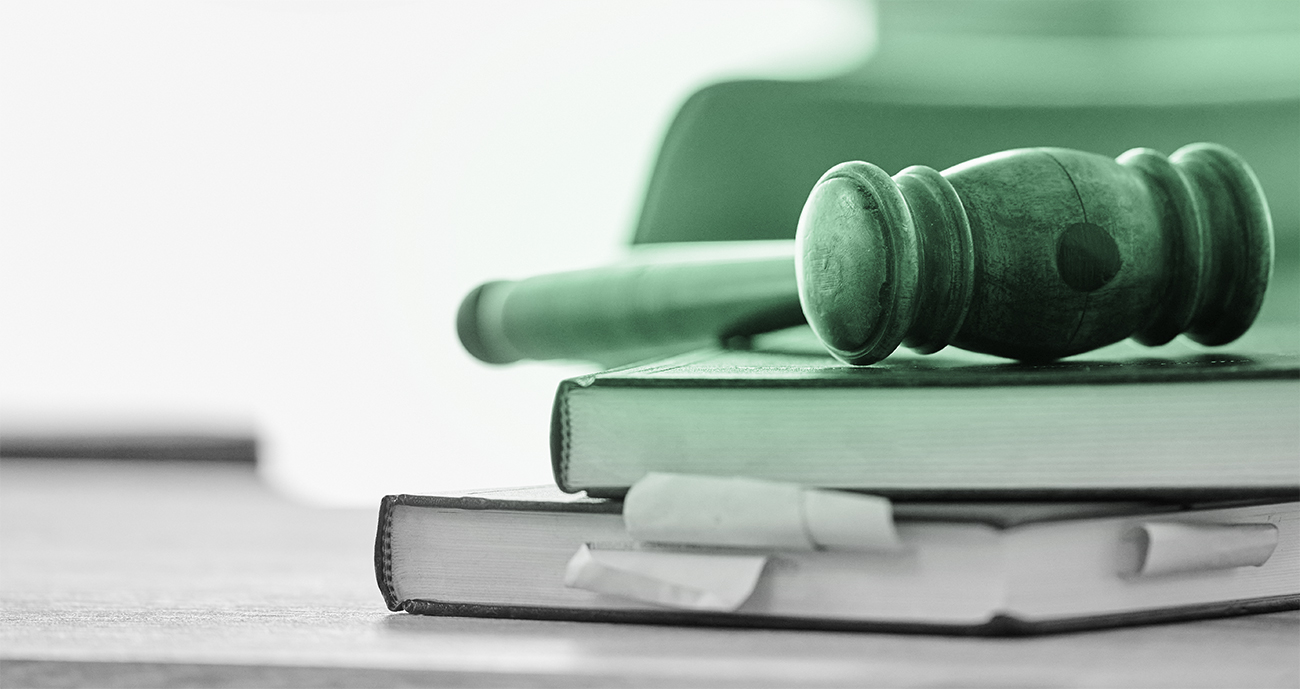Standard Essential Patents (SEPs), which form the backbone of many technological and industrial advances, are a key component that enables interoperability between different systems.
The licensing of standard patents is a critical component of technological development today. By making technical standards available to all companies and industries, this practice enables collaboration and innovation.
It also means that anyone manufacturing and selling cellular (IoT) solutions needs to secure licenses to these standard patents. It could be a 5G-connected toaster, a 4G-connected electric car charger or a 3G-connected GPS for boats. But it also applies to WiFi and other standardized communication technologies.
Licensing standard patents is a complex and multifaceted process that requires specialized knowledge and expertise. The expertise of professionals who understand the complexities of standardization, patent essentiality, negotiation, enforcement and valuation is invaluable. Without this expertise, companies can end up in legal disputes or risk paying excessive license fees.
We have that experience, having worked on SEP licensing for over 15 years. And we also know how the major patent holders reason and argue.
Three important points to consider in this work:
Establish Essentiality:
Many companies claim to have standard patents, but few can substantiate this claim. So-called standard declarations are only an indication, not a guarantee. And the many reports and tools that claim to show standard patents are not helpful – they are unfortunately mostly pseudoscience.
It takes an expert to assess which patents are essential and need to be licensed, saving both time and resources. This assessment is crucial to avoid unnecessary license fees.
Negotiating fair and reasonable terms (FRAND)
Licensing standard patents involves negotiations between patent holders and licensees. Experienced experts have an ability to draft fair and reasonable license terms (FRAND), which take into account the interests of all parties involved.
Royalty rates:
Determining the value of standard patents and setting appropriate royalty rates can be challenging. Experts have the knowledge and tools to assess the value of patents based on their essentiality, market demand and other factors. This ensures that the patent holder receives fair compensation and the licensee pays a reasonable royalty.






